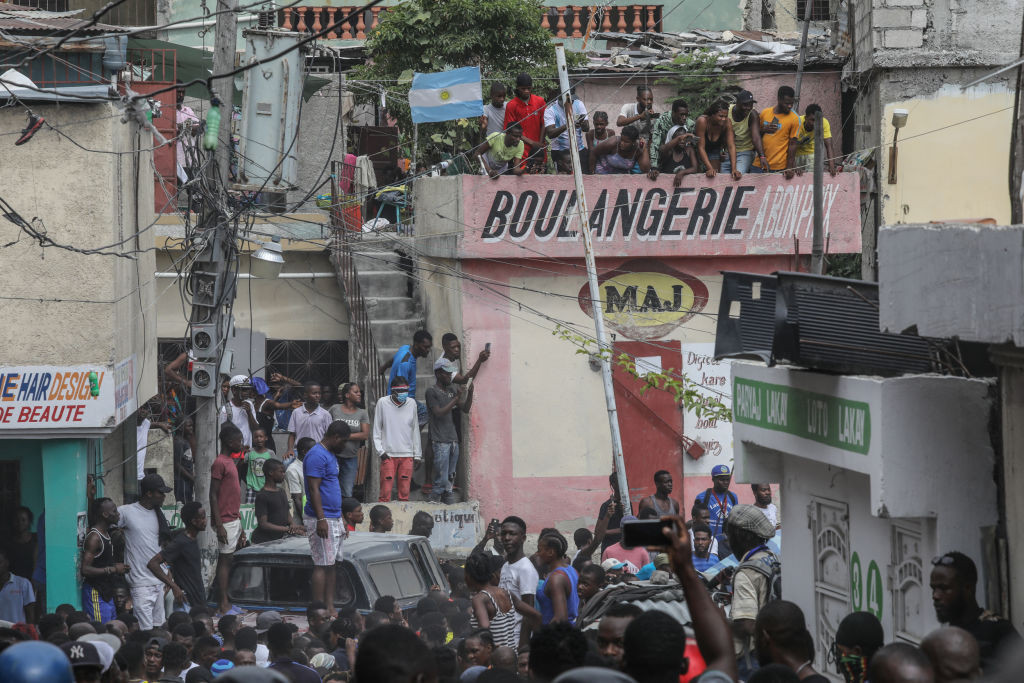The International Olympic Committee (IOC) has said it is still expecting Haiti to send a team to the delayed Olympic Games that start here next week after the country was plunged into further crisis following the assassination of its President Jovenel Moïse.
According to Haitian police, Moïse was shot dead by 28 foreign mercenaries at his residence in Port-au-Prince last Wednesday (July 7).
Moïse's wife Martine Marie Etienne Joseph, who was injured in the incident, said her husband had been "riddled with bullets" in the attack.
The assassination has sparked political and social turmoil in Haiti, the poorest country in the Americas.
Three Haitian politicians are claiming to now be in charge of the nation following the death of Moïse, who had faced allegations of corruption throughout his four-year term as President.
Haitian Olympic Committee (COH) President Hans Larsen admitted the crisis could cause travel problems for the six-strong team the country is set to field at Tokyo 2020, due to open on July 23.
"Haiti's main airport is still open, but I don't know if it will continue with its normal operations by the time we travel," said Larsen.
A spokesperson for the IOC revealed that the organisation "expect that Haiti will attend the Games as they have entered athletes to participate".
Centro Caribe Sports, the umbrella body for sport in the region which overseas the Central American and Caribbean Games, has also pledged to help the COH with its efforts in sending its squad to the Japanese capital.
Centro Caribe Sports President Luis Mejia, a member of the IOC, tabled a motion to support Haiti during the organisation's recent Executive Board meeting.
Haiti has sent athletes to every Olympics since Los Angeles 1984 and has won two medals in its history, the last coming in Amsterdam in 1928.
The country fielded a team of 10 athletes at the 2016 Games in Rio de Janeiro, three shy of its record of 13 in Montreal in 1976.

